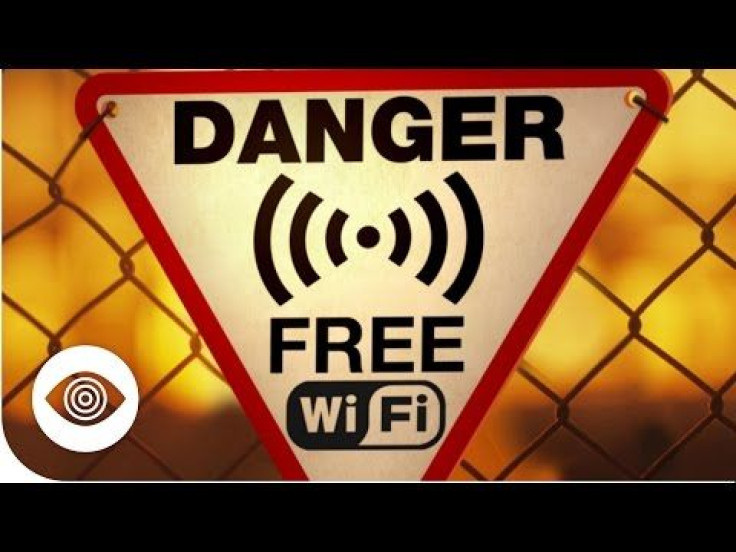Can Wi-Fi Hurt You? The Controversial Disease Some Say Is Caused By Electromagnetic Fields

It’s a common enough complaint that the modern day world is suffocating us all. However, a select and perhaps increasing group of people have taken it one step farther — claiming that the very presence of Wi-Fi and other forms of electromagnetic radiation are sickening and slowly killing them.
As detailed in the above video by Alltime Conspiracies, electromagnetic hypersensitivity (EHS) has long been a controversial topic of discussion, with hardened battle lines drawn between the mainstream medical community and desperate patients who claim to be afflicted by it. And with the advent and dramatically growing popularity of Wi-Fi, this debate has only gotten more contentious.
On the one end, sufferers of EHS say that they’re essentially allergic to electromagnetic radiation. When exposed, they suffer from a laundry list of symptoms, including fatigue, pain, rashes,and countless others. But as noted in the video, many scientists and public health organizations, including the World Health Organization, say there’s no solid ground for these claims. While their symptoms are certainly real, critics explain, there’s no good scientific evidence that Wi-Fi or any source of electromagnetic fields are causing them.
One conslusive rebuttal of these claims has come from carefully controlled studies of EHS patients. In these studies, patients exposed to electromagnetic fields at different intervals were unable to tell when it was actually happening. Elsewhere, other studies have found little evidence the level of radiation emitted by Wi-Fi devices (or for that matter, cell phones) can actually affect the human body. Instead, health experts say, many EHS sufferers may be afflicted by pre-existing psychological conditions or even subconsciously willing their symptoms into existence as a result of the stress and anxiety they feel when they think they’re around electromagnetic fields.
Still, EHS sufferers have refused to back down, and some experts believe that they may only be growing in number, possibly because of our expanding technological world, but more likely because of our cultural fascination with the condition. For more on EHS, watch the video above.



























